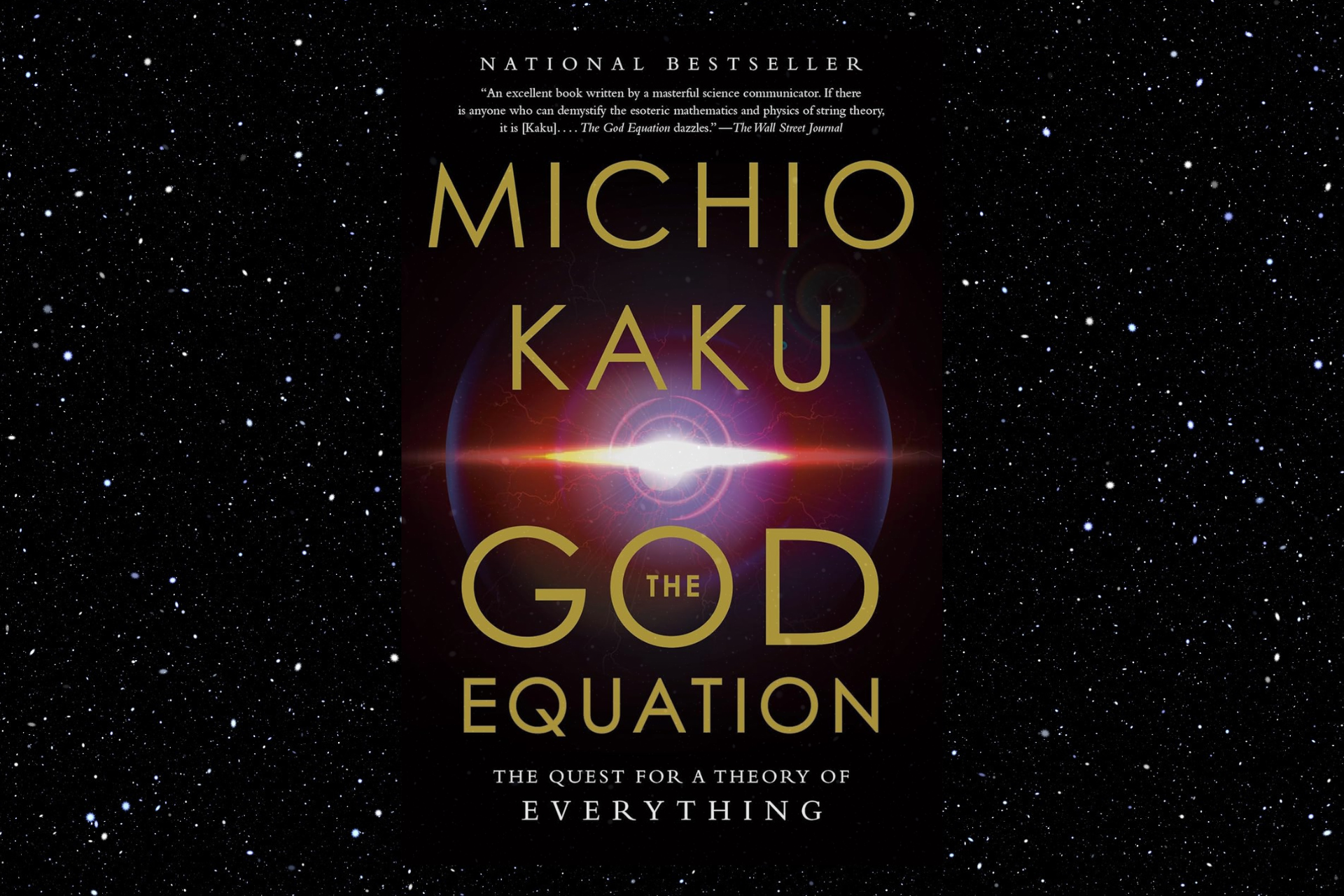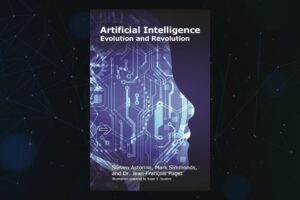Michio Kaku is a well-known theoretical physicist in the field of string theory. I decided to read his book about the God equation after I came across his popular videos and documentaries on YouTube.
He is talented at explaining intriguing concepts, such as the universe, string theory, quantum mechanics, the theory of general relativity, electromagnetism and many other concepts.
In “The God Equation: The Quest for a Theory of Everything”, Michio dives into these interesting concepts, gives a brief physics history, and expands on string theory and its future.
From Newton to Einstein
The history of physics began long before Isaac Newton discovered gravity through the famous story of the falling apple, but classical physics began with Newton’s Mathematical Principles of Natural Philosophy (or Principia) of 1687. His laws of motion and the discovery of gravity paved the way for the Industrial Revolution.
Michael Faraday (1791-1867) and James Clerk Maxwell (1831-1879) discovered the electromagnetic field. This changed the mechanistic view of the world that has been prevalent since Newton’s time. The discovery of electromagnetism set in motion the electric revolution.
Then came the age of modern physics (post-1900). Albert Einstein (1879-1955) revealed the relativistic nature of the universe with his special theory of relativity and the general theory of relativity. These two theories changed our understanding of reality and proved that Newtonian physics had its limitations.
Around the same time, physicists revealed the probabilistic nature of reality through quantum mechanics. Unlike general relativity, which deals with the very big, quantum mechanics deals with the very small (particles and their behavior).
String Theory
Many physicists tried to unify general relativity and quantum mechanics but ran into fatal challenges: anomalies and divergences to infinity. This meant that these two theories could not be combined.
Some leading theoretical physicists now believe that string theory is a strong candidate for becoming the theory of everything, or the God equation. This theory replaces particles with strings – the difference in vibration states of these strings is what gives particles their properties.
One goal in string theory is to find a mathematical solution that reproduces the observed particles and explains the universe as we see it.
Like any theory, this one comes with its own challenges. One of the challenges is its testability. Testing this theory directly through experimentation is currently infeasible. It would require a huge amount of energy which our current civilization is incapable of producing. It would also require a massive particle collider – larger than Earth, by a lot.
Another issue that is plaguing this theory is the landscape problem – the theory’s description of the enormous number of possible universes. I will not attempt to explain the issue here – Kaku does a great job of explaining it in the book.
Physics and Metaphysics: Reflections on Existence
Unlike the other theories, which had material and visible impacts on our lives, string theory’s impact may be philosophical. Kaku explains how this theory may help us answer questions, such as:
- Is time travel possible?
- What happened before creation?
- Where did our universe come from?
- Does God exist?
Figuring out this theory and formulating the God equation may enable us to discover more about life’s meaning in our universe. One of my favorite quotes is below:
Everything that has meaning is the result of struggle and sacrifice, and is worth fighting for.
Michio Kaku, “The God Equation: The Quest for a Theory of Everything”



